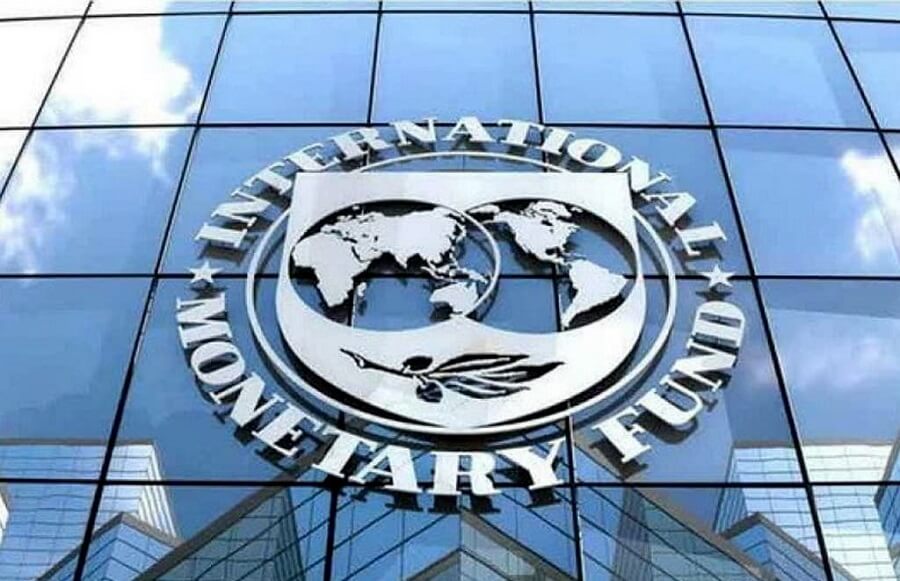IMF Raises Nigeria’s 2025 Growth Forecast To 3.9%, Projects 4.2% For 2026
…Says Medium-Term Prospects Remain Strong, Commends Ongoing Reforms
Washington D.C. – The International Monetary Fund (IMF) has upgraded Nigeria’s economic growth forecast for 2025 to 3.9 per cent, a 0.5 percentage point increase from its earlier projection.
The Fund attributed the improved outlook to stronger macroeconomic stability, rising investor confidence, and increased oil output.
The upward revision was announced on Tuesday during the presentation of the IMF’s latest World Economic Outlook report at the ongoing World Bank/IMF Annual Meetings in Washington, D.C.
For 2026, the IMF projects Nigeria’s growth to further strengthen to 4.2 per cent, reflecting a 0.9 percentage point improvement from its previous forecast. The Fund said the revision reflects reduced domestic uncertainty and Nigeria’s limited exposure to the new tariffs imposed by the United States, which have had minimal impact due to the country’s modest trade links with the U.S.
According to the IMF, the Nigerian economy has shown notable resilience in recent months. It was observed that the exchange rate has appreciated, financial conditions have improved, and investor sentiment has strengthened since July.
Advertisement
“The country’s fiscal stance remains supportive, while the hydrocarbon sector has benefited from higher oil production and improved security around key installations. These factors together underpin the stronger growth outlook for Nigeria,” the Fund stated.
The IMF also revised its estimate for 2024 growth upward to 4.1 per cent, representing a 0.7 percentage point increase from its earlier forecast.
It explained that the adjustment followed the recent rebasing of Nigeria’s Gross Domestic Product (GDP), which now captures a wider range of economic activities, including those within the informal sector.
On the broader regional outlook, the IMF said Sub-Saharan Africa continues to display resilience, supported by ongoing reforms in key economies such as Nigeria and Ethiopia. However, it warned that resource-dependent and conflict-affected countries still face significant challenges that could weigh on growth.
To unlock the region’s growth potential, the Fund urged governments to strengthen institutions, deepen structural reforms, expand revenue through tax reforms, and enhance debt transparency.
Advertisement
The report also noted that while changes in global trade dynamics continue to influence economic performance, technological investments and fiscal policies are increasingly shaping global growth patterns.
It was observed that the U.S. tariffs announced earlier this year have had only a limited impact on global output due to smaller-than-expected shocks and the private sector’s agility in adjusting supply chains.
Nonetheless, the IMF cautioned that the global outlook remains fragile, highlighting several downside risks such as potential overheating from the AI-driven technology boom, persistent weakness in China’s property sector, slow rebuilding of fiscal buffers, and political pressures on central banks that could undermine credibility and fuel inflation.
Despite these risks, the Fund maintained that Nigeria’s medium-term prospects remain strong, supported by ongoing economic reforms, greater political stability, and favourable oil market conditions.

